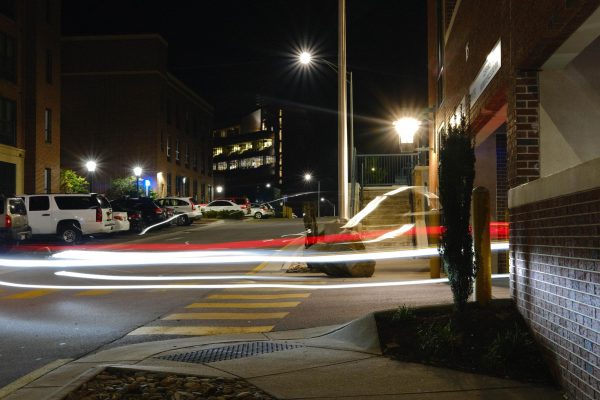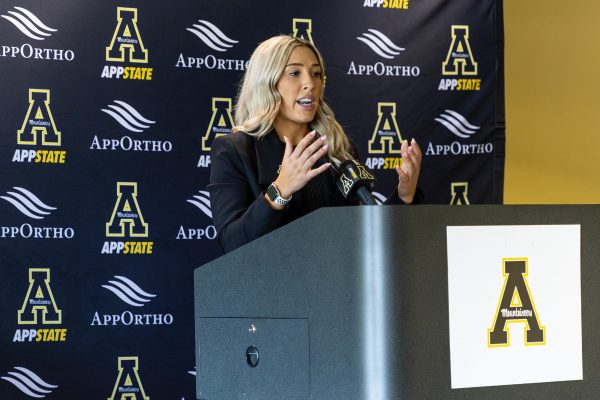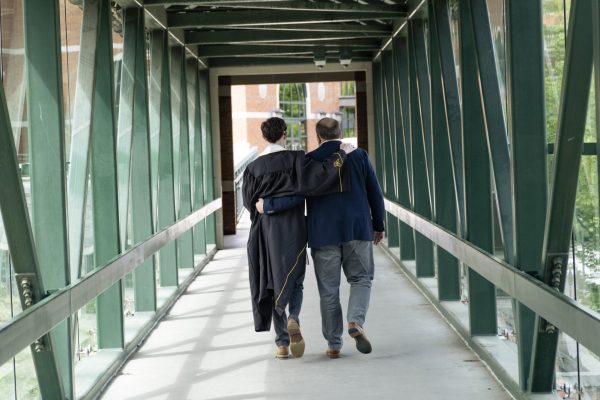Though it is only March, it appears that many legislative offices in the state have already been effectively decided for the elections in November.
Twelve state senate seats and 44 house seats have been decided because the candidates who filed before the Feb. 28 deadline had no opposition, according to WRAL. In many other cases, the primary will be the deciding factor.
While it is possible to have unaffiliated or write-in candidates, it is unlikely that candidates using those methods would be elected. A reason for this decidedly undemocratic situation is the use of gerrymandering in the state.
Gerrymandering gives far too much power to politicians to decide what should and should not be political issues, and it often results in inadequate representation. Two North Carolina districts, District 12 and District 4, were named in the top 10 least compact districts in a 2012 analysis by the geospatial analysis firm Azavea, with District 12 being ranked as the least compact.
This poses a problem for democracy in the state.
In 2012, Republicans ended up taking the General Assembly, even though 2.22 million North Carolinians voted for Democrats, with only 2.14 million voting for Republicans, according to Bloomberg News. Republicans could claim such success because they happened to be in power just after the census was taken, so they could redraw district lines in ways that benefited them.
To improve the democratic character of our elections, we should change this system. It is not because it is Republicans doing it, but that partisan interests have a role in something that should be a political, and decided with the interests of the public in mind.
I realize that at least part of the reason Democrats campaign against the current districts is because they are put at a disadvantage. This does not change the fact that partisan redistricting, whatever effect it may have on the parties, limits adequate representation of the public.
North Carolina has a Democratic potential. A recent Gallup poll showed North Carolina is almost evenly divided between the two major parties, with 41.3 percent supporting Democrats and 41.9 percent supporting Republicans.
This is promising because it should mean that no single party holds absolute influence, and parties could be made to appeal to citizens to win their support.
We can do something to improve the situation by removing the task of redistricting from the legislature and giving the job to an independent commission. Six states have already done this, according to All About Redistricting.
Making the move to an independent commission will not eliminate all the inequities in our electoral system, but it will be a positive step to a fair, representative system.
Certainly, it would be preferable to what we have now.
Kevin Griffin, a sophomore journalism major from Madison, is an opinion writer.












